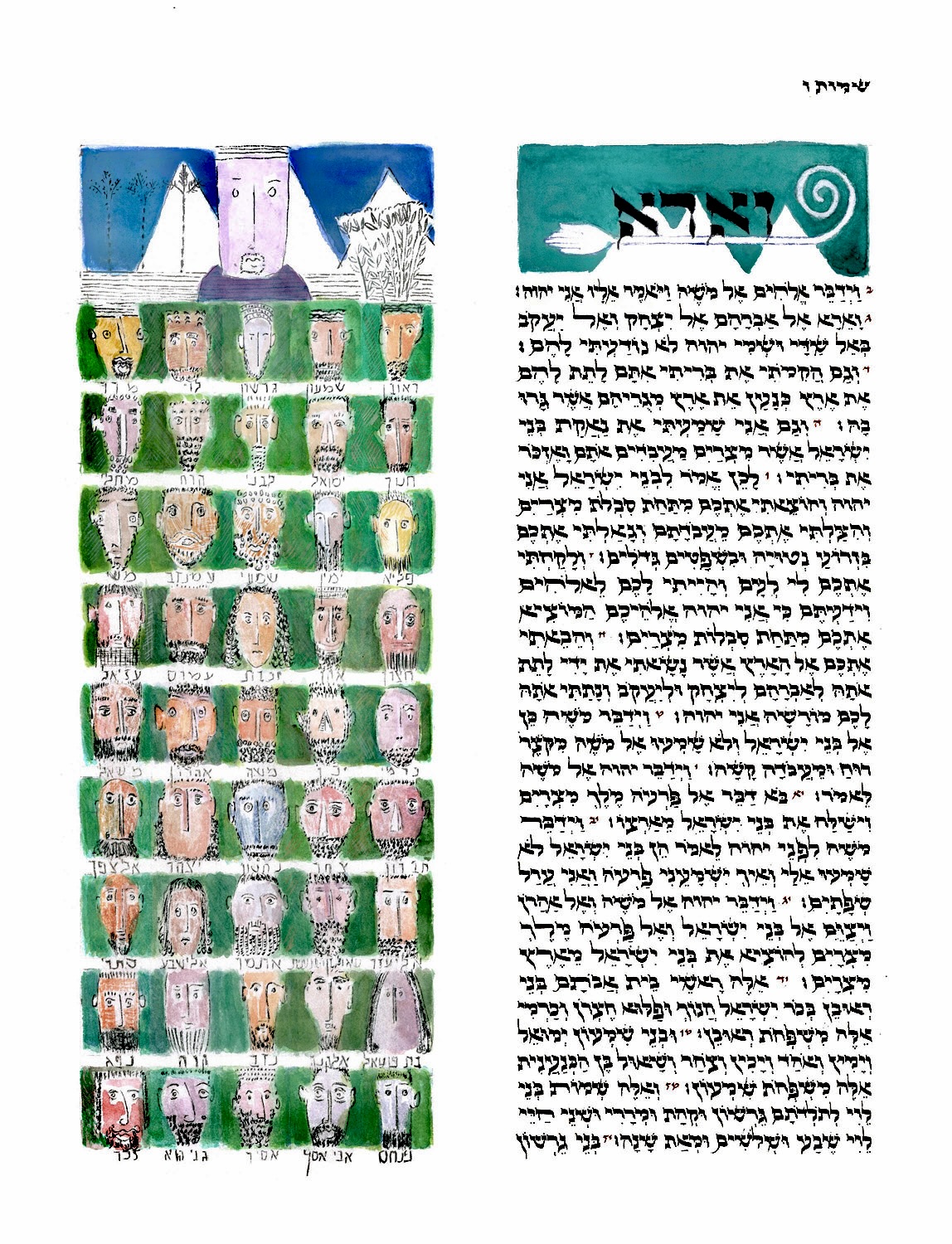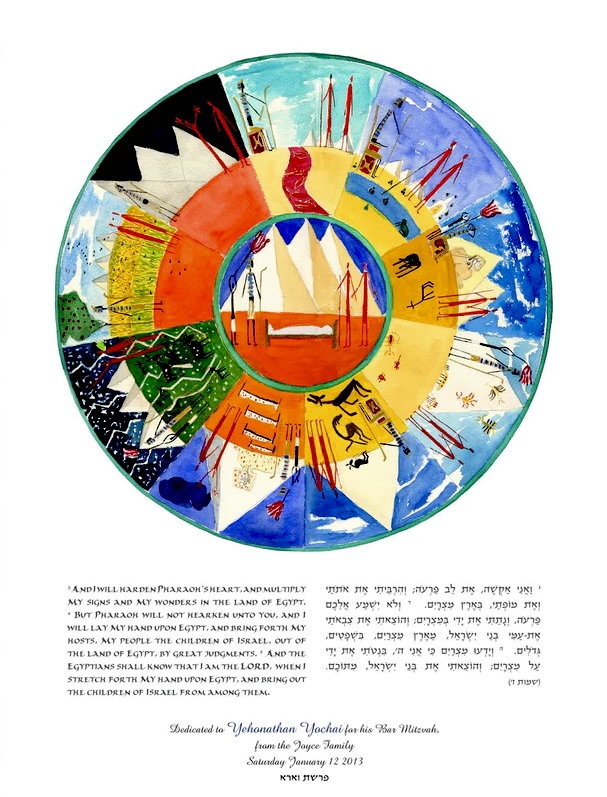Torah Study Date
Saturday, May 20, 2023
Verses Covered
Exodus (Sh’mot) 6:28 – 7:5
Next Session
Saturday, May 27, 2023
Starting at Exodus 7:6
Last week, Rabbi Sara continued to give us a master class on interpretive methodology. Specifically, she pointed out that the genealogy by way of clan heads (Exodus 6:14-6:25) is book-ended by Moses declaring his inadequacy as a spokesperson due to his being uncircumcised of tongue at 6:12 and 6:30 with one difference: in the former, he declares that if the Israelites will not listen to him due to being uncircumcised of tongue even more so Pharaoh will not listen to him, while in the latter, he only mentions Pharaoh not listening to him. The difference indicates that the genealogy eliminates the problem of the Israelites not listening to him. The reason it does so is that it shows that Aaron, Moses’ spokesperson, is part of the leadership line descending from Levi. The goal of the genealogy is to get the people to listen to Moses.
We discussed YHVH telling Moses he will be “as a god to Pharaoh and Aaron will be his prophet.” Pharaoh was the avatar of Ra, according to R. Sara’s interpretation, YHVH’s statement set Moses, YHVH’s avatar, over Pharaoh making Moses (and therefore also YHVH) the rival of Ra. The background of what we are reading is monarchical. But Moses is a leader who is not a king. The Israelite society is not organized around a king. She pointed out that Moses and Aaron both are slaves making the idea of one of them being as a god to Pharaoh pretty cheeky—even more so when they tell Pharaoh to let the Israelites, who are his slaves, leave.
We then went back to discussing YHVH saying he would harden Pharaoh’s heart so that YHVH could multiply his signs and wonders in Egypt. R. Sara mentioned that YHVH is going to control Pharaoh directly through his heart and that the hardening is a punishment. She also pointed out that he could have done much worse, for example, enslaving them all—and that enslaving the losers is not bad according to the ethical background of this book. Instead, he will simply harden Pharaoh’s heart. We also discussed the idea some have is a concentration of Pharaoh’s heart (rather than a complete transformation of it).
We discussed YHVH saying that after he hardens Pharaoh’s heart, he will deliver the Israelites with extraordinary judgments. R. Sara pointed out that the word for tongue and for judgments is the same, the pun making the victorious delivery of the Israelites point back to Moses’ tongue in order to indicate that it would be by it that they would be delivered. R. Sara pointed out the insult involved in the delivery, namely, that we are not even going to conquer you and take your land (it’s not worthy) but simply to leave and go somewhere better.
Other topics in our master class from R. Sara included that the Talmud connects the Mishna to the Torah, that we do not follow the practices of Torah but of Talmud, and that Judaism, Christianity, Islam, and Bahai all share one book but add different books to it, we added Talmud, Christians added the New Testament, Muslims added the Koran.
This week’s artwork, by Israeli Jewish artist, Avner Moriah (1953- ), illustrates the genealogy we discussed last week (Parashat Va’era 6:14 Genealogy, above) as well as a verse we discussed about YHVH hardening Pharaoh’s heart (Parashat Va’era 1, below). It is exciting to see an artistic representation of the genealogies since such representations are not very common. The illustration of the hardening Pharaoh’s heart portrays nine of the plagues in a circle, starting with blood at the top, and the tenth plague, the slaying of the firstborn, in the middle. Moriah has illuminated all of Exodus (here).


